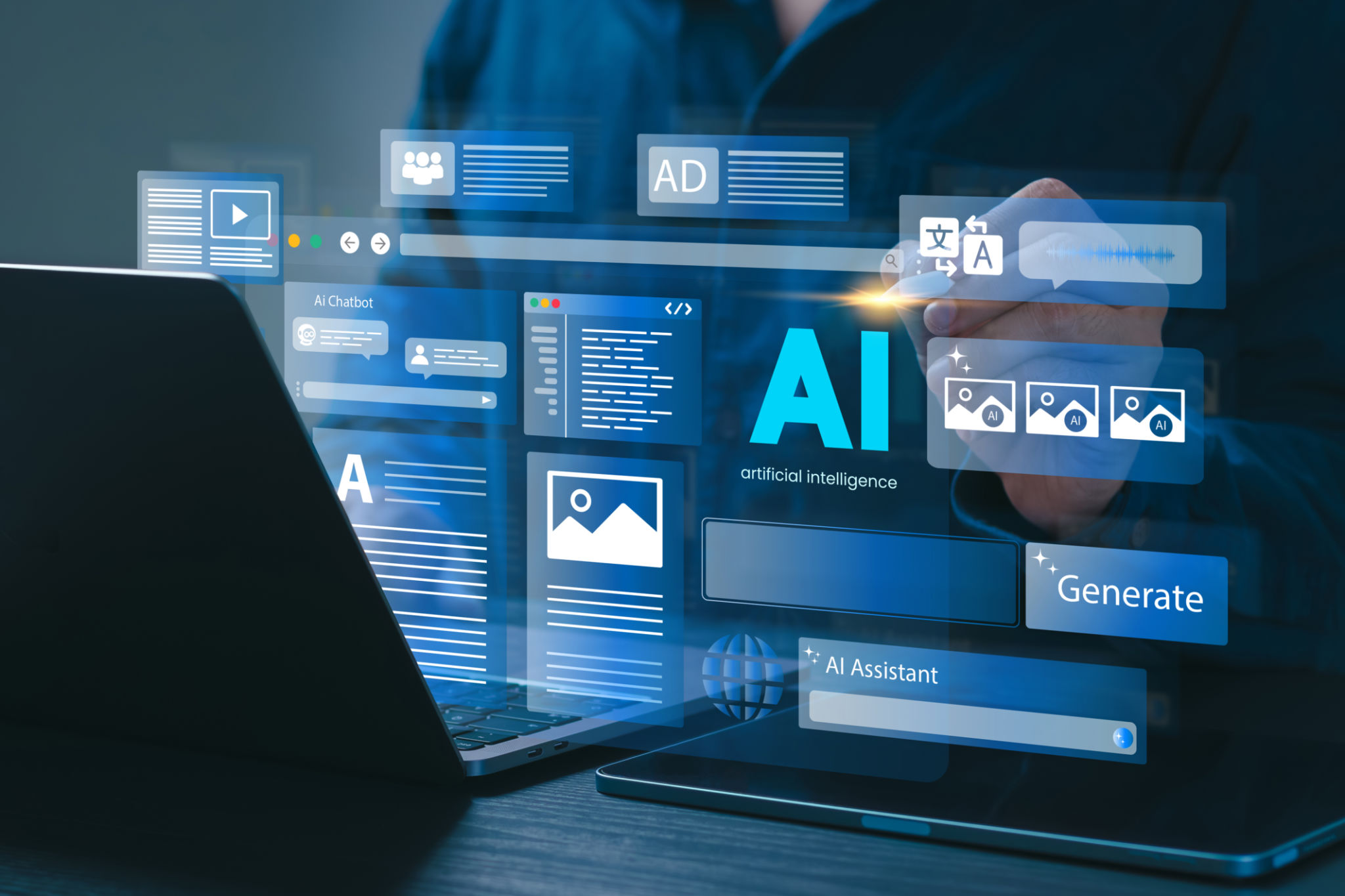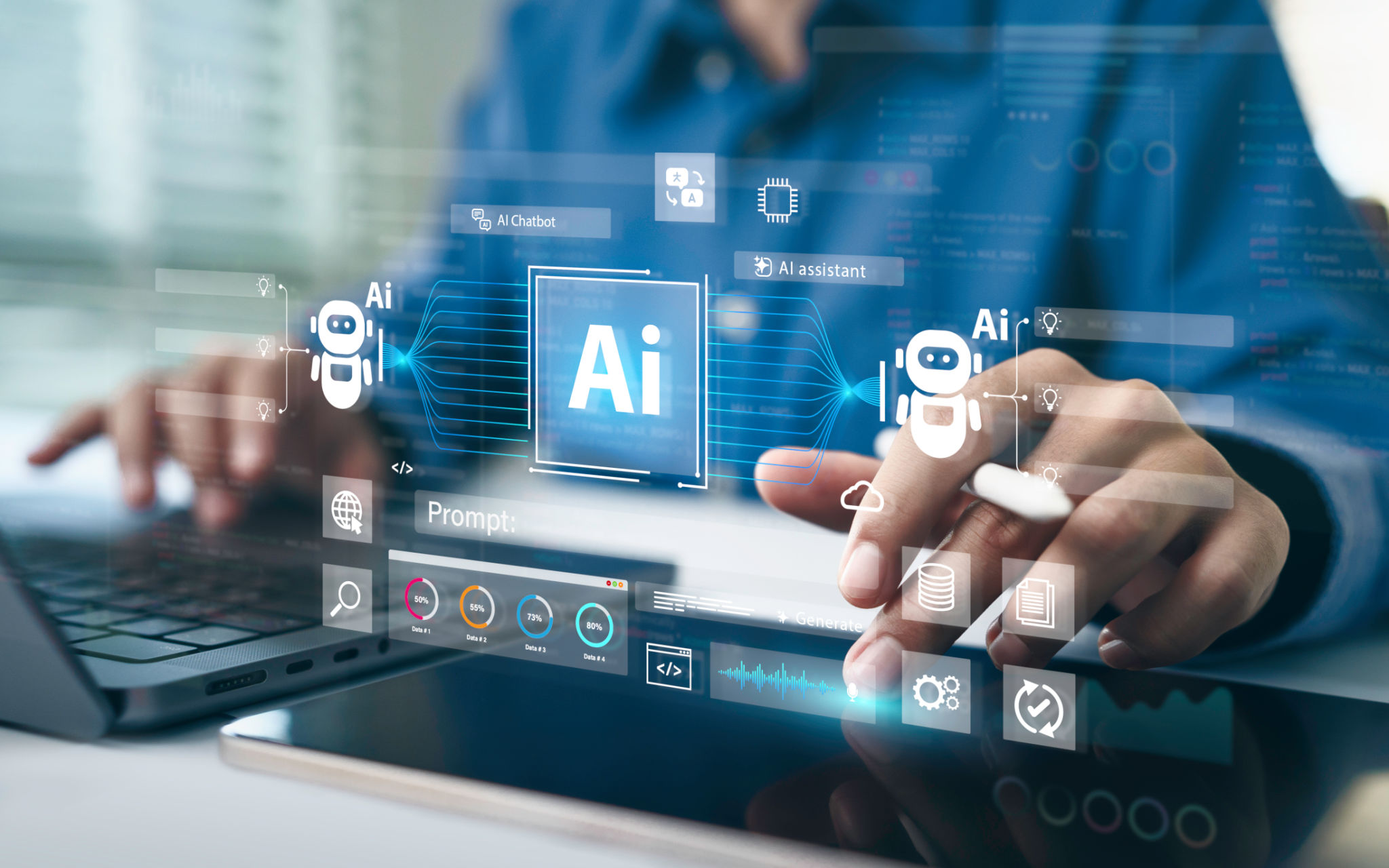The Ultimate Guide to AI-Powered Marketing Strategies
Understanding AI-Powered Marketing
Artificial intelligence is revolutionizing the marketing landscape, offering new tools and strategies that were once unimaginable. AI-powered marketing strategies leverage machine learning, data analysis, and automation to enhance marketing efforts, leading to more precise targeting and improved customer experiences. As businesses strive to remain competitive, understanding and implementing these strategies is crucial.

The Benefits of AI in Marketing
One of the most significant advantages of AI-powered marketing is its ability to process and analyze vast amounts of data quickly. This capability allows marketers to gain insights into consumer behavior, preferences, and trends, which can be used to tailor marketing campaigns more effectively. Moreover, AI can automate repetitive tasks, freeing up marketers to focus on strategic planning and creative endeavors.
Another benefit is the personalization that AI brings to marketing strategies. By utilizing algorithms, businesses can deliver personalized content and recommendations to individual consumers, enhancing engagement and conversion rates. This level of personalization was challenging to achieve with traditional methods.
Implementing AI-Powered Marketing Strategies
To implement AI-powered marketing strategies successfully, businesses should start by defining clear goals and understanding their target audience. Identifying the right AI tools that align with these goals is essential. There are various AI applications available, from chatbots for customer service to predictive analytics for forecasting trends.

Once the appropriate tools are in place, marketers should focus on data integration. Combining data from multiple sources provides a comprehensive view of customer interactions, enabling more accurate predictions and personalized marketing efforts. Continuous monitoring and optimization of these strategies are necessary to ensure they deliver the desired outcomes.
AI Use Cases in Marketing
Several use cases demonstrate the impact of AI in marketing. For example, AI-driven chatbots enhance customer service by providing instant responses to inquiries, improving customer satisfaction and retention. Predictive analytics help in identifying potential leads and forecasting sales trends, allowing businesses to allocate resources more effectively.
- Chatbots for Customer Service
- Predictive Analytics
- Content Generation and Personalization
Challenges and Considerations
While AI offers numerous benefits, it also presents challenges that marketers must address. One such challenge is data privacy. As AI systems collect and analyze vast amounts of personal data, ensuring compliance with privacy regulations is paramount. Marketers need to be transparent about data usage and prioritize consumer trust.

Additionally, integrating AI into existing marketing frameworks can be complex and may require significant investment in technology and training. Businesses must weigh the costs against the potential benefits to determine if AI-powered strategies are a worthwhile investment.
The Future of AI in Marketing
The future of marketing will likely be heavily influenced by advancements in AI technology. As AI continues to evolve, we can expect even more sophisticated tools that offer deeper insights into consumer behavior and more efficient ways to engage audiences. Staying informed about these developments will be key for marketers aiming to maintain a competitive edge.
In conclusion, AI-powered marketing strategies offer powerful tools for enhancing marketing efforts through data-driven insights and automation. By understanding the potential benefits and challenges associated with these strategies, businesses can better position themselves for success in an increasingly digital world.
